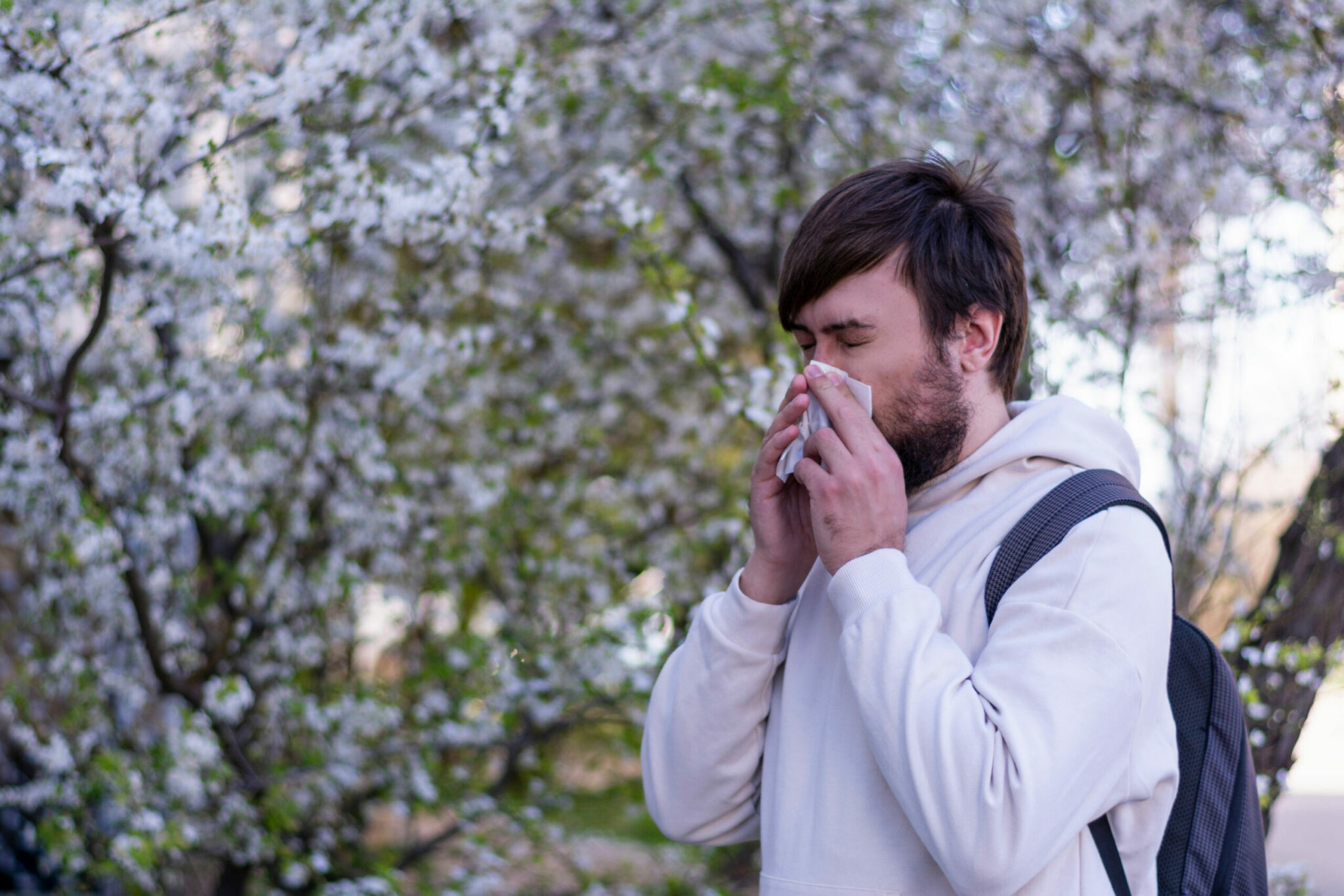As the seasons change and nature blooms, many of us look forward to enjoying the great outdoors. However, for those who suffer from allergies, this time of the year can bring about uncomfortable symptoms that put a damper on the excitement.
Allergies occur when the immune system overreacts to certain substances, triggering a range of bothersome symptoms such as sneezing, itchy eyes, nasal congestion, and more. If you’re tired of letting allergies hinder your enjoyment of life, fear not! In this article, we’ll explore seven practical tips for alleviating allergies and regaining control over your well-being.
1. Identify Your Triggers
Understanding what triggers your allergies is essential for effective management. Keep a journal of your symptoms and activities to identify patterns. Common allergens include pollen, dust mites, pet dander, mold, and certain foods. Once you know your triggers, you can take proactive steps to minimize exposure.
2. Keep Your Home Clean
Regularly cleaning your living space can significantly reduce allergen levels. Vacuum carpets and upholstery, wash bedding frequently in hot water, and use allergen-proof mattresses and pillow covers. Additionally, consider investing in an air purifier to filter out airborne allergens.
3. Monitor Pollen Levels
Stay informed about the pollen levels in your area. On high pollen days, try to limit outdoor activities, especially during peak pollen hours, which are usually early morning and late afternoon.
4. Practice Nasal Irrigation
Nasal irrigation with a saline solution, such as a neti pot or saline nasal spray, is an effective and natural remedy that can be incorporated into your daily routine to flush out allergens, dust, and irritants trapped in the nasal passages, thereby reducing inflammation and nasal congestion.
5. Stay Hydrated
Ensuring an ample intake of water throughout the day not only assists in thinning mucus secretions and relieving congestion but also aids in flushing out toxins, promoting better respiratory health, and enhancing the body’s natural defense against allergens.
6. Use Allergy-Friendly Products
When choosing personal care products, opt for fragrance-free and hypoallergenic options. Be mindful of cleaning products as well, as some chemicals can exacerbate allergy symptoms. Prioritize your well-being by selecting products with milder ingredients that are less likely to cause skin irritation or respiratory issues.
7. Consider Allergy Medications
Over-the-counter antihistamines and decongestants can provide temporary relief from allergy symptoms. However, it’s essential to consult your healthcare provider or allergist before starting any medication to ensure it’s safe and suitable for your specific needs.
While these tips can go a long way in alleviating allergies, some individuals may find that their symptoms persist or become chronic. In such cases, seeking assistance from a chiropractor can offer an alternative approach to addressing allergies and their underlying causes.
How Chiropractic Care Can Help With Allergies
Chiropractic care focuses on the alignment of the spine and its impact on the nervous system. Misalignments in the spine, known as subluxations, can disrupt nerve communication and compromise the immune system’s function. This can lead to an exaggerated response to allergens, exacerbating allergy symptoms.
A chiropractor can perform gentle adjustments to realign the spine, promoting proper nerve function and overall health. By restoring spinal alignment, chiropractic care can help improve immune system function and reduce the severity of allergy symptoms.
Don’t let allergies hold you back from living life to the fullest. Take control of your health and seek assistance from the experts at At Last Chiropractic in Lithia, FL. Embrace a life free from the burdens of allergies and experience the transformative benefits of chiropractic care. Book today to schedule a consultation and take the first step towards a healthier, happier you.






